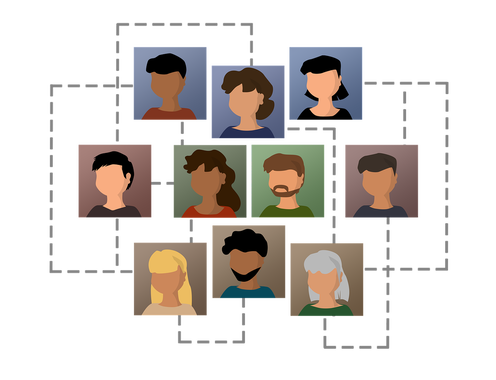|
By Jonathan Fraser Light, Managing Attorney, LightGabler If you haven’t audited your human resources practices lately, it’s time. The New Year promises to bring more headaches for employers. A few key wage and hour cases are currently up on appeal with the California Supreme Court. There’s not a lot of new statutes to drive you crazy, but there’s enough new case law from 2021 to give any California employer a dose of heartburn. Here are a few topics to raise your blood pressure and reduce your bottom line if you’re not proactive. Expense Reimbursement Employers often don’t realize that if they require employees to bring their own hand tools to work, the employer must pay the employees at least twice the California minimum wage. At $15 per hour for 2022, that’s $30 an hour. This is a common issue in the vehicle repair business and the construction industry. If employees use their cell phones to record their time spent at work, they must be reimbursed something “reasonable” for those four-times-a-day punches on their phone (clocking in and out of work and lunch breaks). Employees who use their personal equipment at work, on the road, or at home, must also receive “reasonable” reimbursement for work “reasonably incurred on behalf of the employer” (Labor Code Section 2802). When working from home, employees often use personal “screens”--cell phones, computers and tablets. Their use is usually recognized (and financially addressed) by the employer. But don’t forget home electricity and internet expenses, and wear and tear on chairs, desks, etc., that employees may be using to do their work. The simple fix is to reimburse employees a set monthly amount ($50 is common) and reference all of these categories so that you don’t receive a claim later for something that wasn’t on the list. Bonuses Bonuses can be “discretionary” like a holiday bonus, or they can be “non-discretionary, which can take many forms. Performance-based bonuses to hourly employees or non-exempt employees are non-discretionary. They can include store profit bonuses in which employees share individual production bonuses (for example sharing a hygienist's production income or a car mechanic's “flag rates”). Other bonuses that fit into the "non-discretionary" category are night shift differentials, on-call bonuses and longevity bonuses. Why is tracking these non-discretionary bonuses so important? Because all non-discretionary income must be added into the employees’ overall compensation for purposes of calculating overtime for the period in which the bonus applies. For example, let's say hourly employees receive a monthly bonus based on how their employer's fast-food restaurant performs during the month. If the employees worked overtime, they would be entitled to additional income for that month’s overtime. Making this even more burdensome is the fact that these bonuses also affect the rate of pay for sick time (and paid time off for sick time situations), as well as meal and rest break premiums. Meals and Rest Breaks Meal breaks are the Achilles' heel for employers, especially in class action cases. It’s easy pickings for the plaintiff employee’s attorneys to review timesheets and find non-compliant meal breaks-- either late, short or unrecorded. The employer then owes an hour of pay for each such violation plus penalties. It's the same with rest breaks, although they are harder to prove because rest breaks aren't (and shouldn’t be) typically recorded. It’s important that employers do not round time for meal breaks. I recommend that all time is paid at the exact time lunch breaks are taken. A few meal and rest break premiums paid occasionally will do wonders to bolster an employer’s defense in a meal or rest break wage dispute. Incorrect or outdated policies that don’t accurately reflect current employment law can trigger penalties, or worse, litigation. Review your HR policies now so you can hopefully enjoy an employment-related litigation-free 2022.
0 Comments
Your comment will be posted after it is approved.
Leave a Reply. |
|
Copyright © 2024 West Ventura County Business Alliance. All Rights Reserved.
1901 Solar Drive, Suite 105 | Oxnard, CA 93036 Phone: (805) 738-9100 | [email protected] Site Map |


